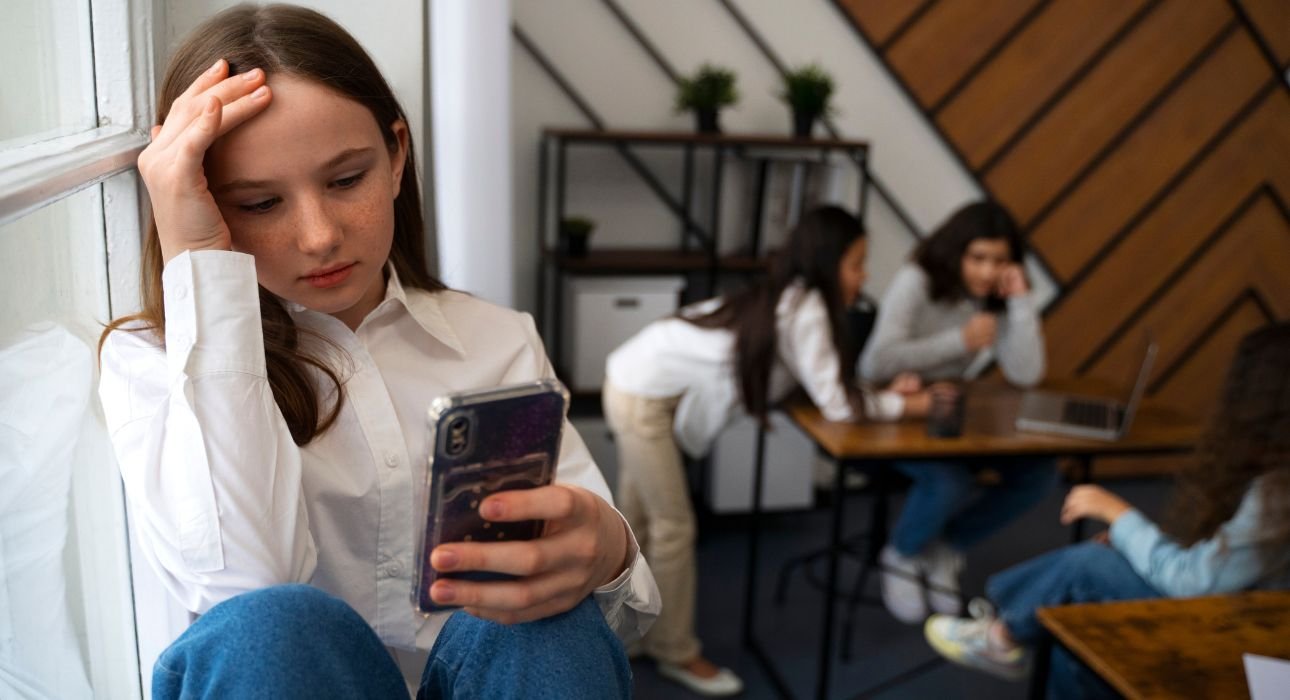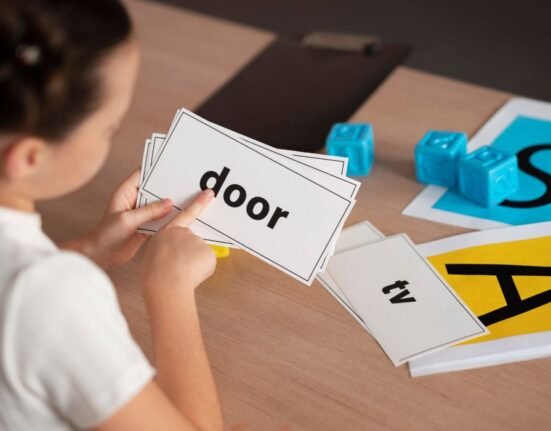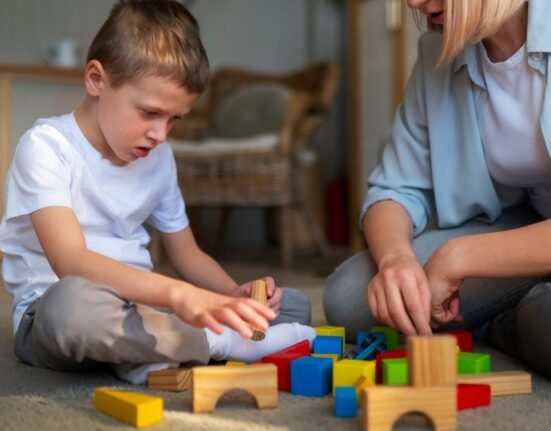In an age where social media has radically transformed the landscape of public discourse, a dangerous practice is on the rise- the normalisation of serious psychiatric disorders through TikTok, Instagram infographics, and more informal social media discussions. Though greater recognition of mental health challenges is a welcome and long overdue advancement, the divide between making mental health awareness cool and outright dismissing mental health is dangerously thin, risking reversing decades of progress that has done so much to legitimise mental slack care and lower stigma[1][2].
More than 50% of viral mental health videos on TikTok contain inaccurate information, which presents a huge danger to everyone using the platform who is dealing with layered conditions[3]. This depressing stat is a reminder of how the otherwise well-meaning movement to normalise conversations about mental health has led to harmful oversimplifications and inaccurate depictions that can do more harm than help.
Read More: The Risk of Misinformation: Who Gets to Talk About Mental Health Online?
The Complicated Truth About Mental Illness
Psychiatric disorders are real medical illnesses defined by clinically significant disturbances in the regulation of cognition, emotion, or behaviour. These are not just short-lived emotional changes or temperament traits that can be neatly packaged into a 30-second sound bite. Depression now affects an estimated one in 27 people worldwide or 280 million people. Anxiety disorders affect 301 million people[4]. These conditions are complex neurobiological, psychological, and social factors, all of which warrant professional assessment and evidence-based treatment.
While the biological basis of mental illness is important, it cannot be the whole story. Studies repeatedly indicate that structures in the brain like the frontal lobe, hippocampus, and limbic system control our mood and emotions[5][6]. Alterations in neurotransmitter activity between these systems are implicated in symptoms of depression and anxiety, but the mechanisms underlying these conditions are complex and multifaceted.
Read More: The Problematic Narrative of Trauma on Social Media
The Damaging Effects of Memeification
The conversion of serious mental health conditions into meme fodder is dangerous and damaging. Research analysing depression memes on social media concluded that they amplify depressive symptoms, especially in users who struggle to regulate their emotions[7][8]. Our study suggests that exposure to depression memes may be particularly detrimental for individuals experiencing challenges with goal-directed behaviour during distress and difficulties with impulse control[8].
In addition to calling attention to a crisis, the romanticisation of mental illness on platforms such as TikTok has resulted in alarming trends, especially in Gen Z. Generation Z is the most likely generation to self-diagnose mental health conditions, with 30% of Gen Zers indicating they have in recent surveys [1]. Also known as the TikTok effect, exacerbated by a barrage of misleading and oversimplified social media content, this phenomenon can cause misinterpretation of authentic symptoms and even harmful self-treatment methods.
Read More: Social Media Misuse And Its Impact On Privacy
The Case for Professional Treatment
A trained, professional mental health workforce ensures proper diagnosis and effective treatment to meet individual needs[9]. Trained mental health professionals provide research-supported interventions in safe, confidential environments conducive to emotional relief and healing. Fortunately, the role of professional intervention can’t be overstated. Early professional intervention can stem the progression of mental health issues, enhancing quality of life.
When appropriately prescribed, psychiatric medications are an important part of comprehensive treatment. Such medications function by increasing hormone or neurotransmitter levels in the brain, thereby counteracting the effects of some mental health disorders [12]. These medications are best used with psychotherapy, delivering an integrative treatment model that treats both biological and psychological components.
The impact of expert care is not only staggering, it’s thoroughly proven. With evidence-based psychological treatments, rigorous review processes have established that evidence-based psychological treatments work for various health concerns[12]. International guidelines-setting bodies such as the National Institute for Health and Care Excellence (NICE) have reached the unequivocal claim that EBPTs are frontline interventions for a wide array of mental disorders[12].
Read More: 5 Unusual and Serious Psychological Conditions That You Might Have Not Heard Of
Public Relations and Honest Depiction
Unquestionably, the media is one of the most impactful players in helping reframe mental health in the public sphere. Understandably, advocates want to do everything possible to ensure that media coverage makes a positive impact on public attitudes and perceptions of mental illness. Responsible reporting that is accurate, balanced, and evidence-based has been shown to improve the public’s perception of suicidal behaviour and drive at-risk individuals to seek help[15].
These stereotypes create real-world consequences by affecting professional relationships, as professional mental health organizations have repeatedly called for an accurate representation. Nine in 10 Americans living with a mental health condition report that the media have a significant role in fighting stigma[14]. This responsibility goes beyond conventional media outlets and now very much includes social media, which is often the preferred platform for spreading misinformation at dangerous rates and targeting key at-risk populations.
Read More: Algorithmic Addiction: Why You Can’t Stop Scrolling
Creative, Innovative, and Community-Based Approaches to Mental Health Awareness
Good mental health advocacy needs to provide real dialogue that creates true empathy instead of reductionism[16]. Community-wide psychoeducation through structured programs, such as Mental Health First Aid training, has been effective in raising mental health literacy and decreasing stigma overall. Operating under the belief that high-quality, evidence-based treatment should always be accessible, these interventions, in the hands of trained professionals, can teach about epidemiological risk factors, clinical features, course of illness, and treatment modalities.
Social media can be used positively to promote mental health-smart behaviours when utilised the right way. Impacting millions through effective, evidence-informed and professionally guided social media mental health campaigns can further positive awareness and understanding[19][20]. That’s why these campaigns need to be more focused on accuracy than virality and professional expertise rather than entertainment value.
Read More: 10 Psychiatric Conditions you may have never heard of
We were Right then, what’s next? The Path Forward
Restoring the gravitas of psychiatric conditions will take a multi-pronged effort, though. First, mental health education has to be evidence-based and enacted by trained professionals [18]. Second, social media platforms need to have more robust protections in place to prevent mental health misinformation from going viral. Third, content creators and influencers need to understand the obligation they have to share accurate information or leave it to the experts in mental health.
The aim here is not to prevent conversations about mental health from being had, but rather to have those conversations be informed, sensitive, and aimed at fostering a true understanding and support-seeking. Mental health conditions are legitimate, serious medical issues that should be treated with the same respect and professional attention as any other medical condition. By holding fast to this frame, we can keep bringing down stigma while protecting the legitimacy and efficacy of mental health care.
Improving mental health awareness must focus on encouraging people to seek professional help rather than discouraging them from doing so. When we treat psychiatric conditions like other serious medical issues that demand professional intervention, we do justice to the lived experiences of people who suffer from these conditions and empower them on their path to recovery and overall wellness.
FAQs
Q: What are the risks of reducing mental health to a meme or viral TikTok trend?
Memes and oversimplifications can humorize serious psychiatric disorders, promote misinformed beliefs, and aggravate symptoms for susceptible populations.
Q: How trustworthy is social media’s mental health content?
Over half of all viral mental health TikTok videos contain misleading information, which can mislead users and result in a delayed or missed diagnosis and treatment.
Q: What should I do if I’m in crisis or need mental health support?
See a board-certified psychiatrist or psychologist to ensure an honest diagnosis and create a comprehensive plan of evidence-based treatment tailor-made to you.
References +
Ahuja, J., & Fichadia, P. A. (2024). Concerns Regarding the Glorification of Mental Illness on Social Media. Cureus, 16(3). https://doi.org/10.7759/cureus.56631
Akil, A. M., Adrienn Ujhelyi, & H.N. Alexander Logemann. (2022). Exposure to Depression Memes on Social Media Increases Depressive Mood and It Is Moderated by Self-Regulation: Evidence From Self-Report and Resting EEG Assessments.13.https://doi.org/10.3389/fpsyg.2022.880065
Aris Aksel. (2025a, January 19). The Role of Authentic Conversations in Mental Health Advocacy. Https://Livepositively.com/. https://livepositively.com/the-role-of-authentic-conversations-in-mental-health-advocacy/
Aris Aksel. (2025b, January 19). The Role of Authentic Conversations in Mental Health Advocacy. Https://Livepositively.com/. https://livepositively.com/the-role-of-authentic-conversations-in-mental-health-advocacy/
Brennan, D. (2021, April 20). What Are Psychotropic Medications? WebMD.https://www.webmd.com/mental-health/what-are-psychotropic-medications
Dicarlo, C. (2009, September 21). Examples of responsible media reporting about mental illness and suicide. SANE; SANE Australia. https://www.sane.org/get-involved/advocacy/stigmawatch/examples-of-responsible-media-reporting-about-mental-illness-and-suicide
Harvey, A. G., & Gumport, N. B. (2019). Evidence-based psychological treatments for mental disorders: Modifiable barriers to access and possible solutions. Behaviour Research and Therapy, 68(68), 1–12. https://doi.org/10.1016/j.brat.2015.02.004
Importance Of Getting Professional Support For Mental Health Issues. (2022, April 9).Indiana Center for Recovery. https://www.treatmentindiana.com/resources/mental-health/importance-of-getting-professional-support-for-mental-health-issues/
Latha, K., Meena, K., Pravitha, M., Dasgupta, M., & Chaturvedi, S. (2020). Effective Use of Social Media Platforms for Promotion of Mental Health Awareness. Journal of Education and Health Promotion, 9(1), 124. NCBI.https://doi.org/10.4103/jehp.jehp_90_20
Plackett, R., Steward, J.-M., Kassianos, A. P., Duenger, M., Schartau, P., Sheringham, J.,Cooper, S., Biddle, L., Kidger, J., & Walters, K. (2024). The effectiveness of social media campaigns in improving knowledge and attitudes towards mental health and help-seeking in high-income countries: A scoping review (Preprint). Journal of Medical Internet Research. https://doi.org/10.2196/68124
Robinson, P., Turk, D., Jilka, S., & Cella, M. (2018). Measuring attitudes towards mental health using social media: Investigating stigma and trivialisation. Social Psychiatry and Psychiatric Epidemiology, 54(1), 51–58. https://doi.org/10.1007/s00127-018-1571-5
Ross, A., Paton, E., & Blanchard, M. (2020, August 24). Media reporting on mental illness,violence and crime needs to change. The Conversation.https://theconversation.com/media-reporting-on-mental-illness-violence-and-crime-needs-to-change-144856
Shim, Y., Eaker, R., & Park, J. (2022). Mental Health Education, Awareness and Stigma regarding Mental Illness among College Students. Journal of Mental Health & Clinical Psychology, 6(2). https://doi.org/10.29245/2578-2959/2022/2.1258
Waqas, A., Malik, S., Fida, A., Abbas, N., Mian, N., Miryala, S., Amray, A. N., Shah, Z., & Naveed, S. (2020). Interventions to Reduce Stigma Related to Mental Illnesses in Educational Institutes: a Systematic Review. Psychiatric Quarterly, 91(3), 887–903.https://doi.org/10.1007/s11126-020-09751-4
World Health Organization. (2022, June 8). Mental Disorders. World Health Organization; World Health Organization. https://www.who.int/news-room/fact-sheets/detail/mental-disorders
World Health Organization. (2025, March 18). How the media can combat mental health stigma and discrimination. Who.int; World Health Organization: WHO.https://www.who.int/europe/news-room/feature-stories/item/how-the-media-can-combat-mental-health-stigma-and-discrimination













Leave feedback about this